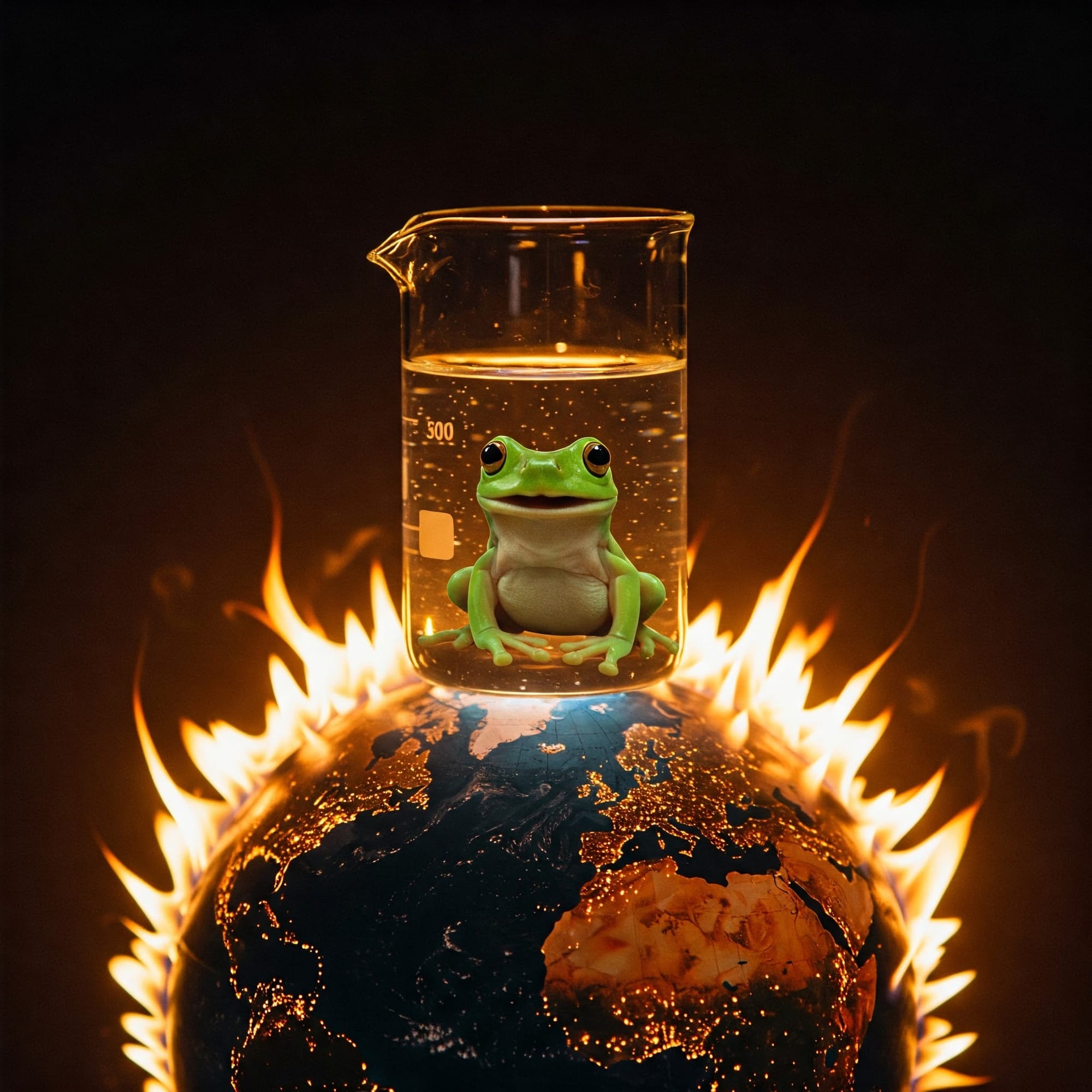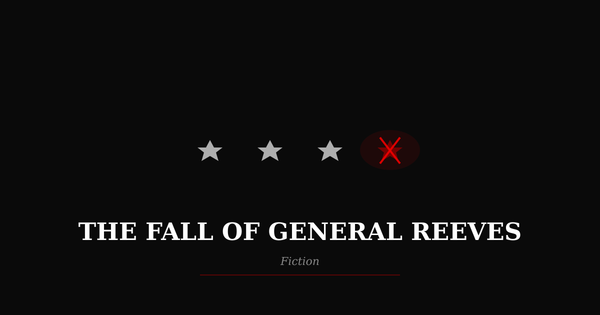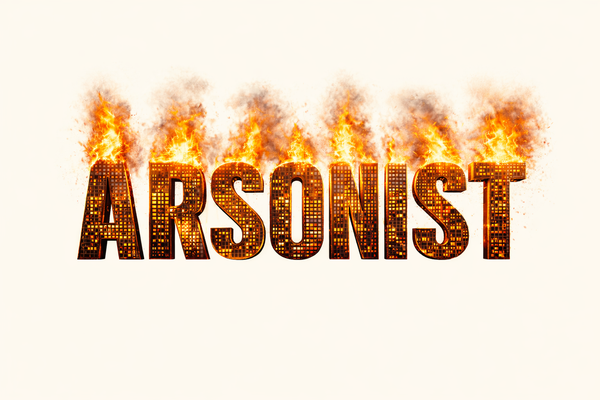The Old Days
and The New
Socrates believed that truth is not something handed down, but something uncovered—slowly, painfully, and in dialogue with others. His dialectical method was not a performance but a process: a rigorous, often uncomfortable back-and-forth where every assumption could be interrogated, every answer tested, and no belief—no matter how sacred—was immune to doubt. For him, wisdom was not the possession of knowledge, but the continual refinement of it. And more than anything, he distrusted the written word.
To Socrates, writing was not a vessel of understanding but a potential trap. Once an idea is fixed on a page, it stops evolving. It can no longer defend itself, no longer respond to new questions or shift under the weight of contradiction. It becomes static, incapable of growing—or of growing you. Worse still, he feared that writing would allow people to appear wise without actually engaging in the hard, communal work of thinking. A student might quote a phrase, cite an argument, or memorize a conclusion without ever grasping the living spirit behind it. The result, he warned, was a society where people mistake memory for insight and repetition for reason.
Thanks for reading Joseph’s Substack! Subscribe for free to receive new posts and support my work.
We are now living in the echo of that warning.
In our time, the dialectic has been digitized. Transformed. Flattened. Once a conversation held between individuals seeking understanding, it is now streamed, recorded, captioned, and weaponized. A hashtag becomes a thesis. A viral clip replaces an argument. We shout into feeds, not to be challenged but to be affirmed. The pursuit of truth—arduous, time-consuming, and often thankless—has been displaced by the pursuit of visibility. To be seen is to be believed. To trend is to win.
And even the symbols have changed. Once, “X” was the universal icon for “close”—a simple way to exit, to escape, to end. Today, the X is anything but. It may summon a pop-up ad, launch a full screen video, or silently strip your data while you fumble for the real exit. It no longer stands for closure; it stands for manipulation. We’ve rewritten the interface. The code beneath our digital lives is different now—and the difference is not neutral.
What’s more troubling is where this rewriting has occurred: in the corners we’ve stopped scrutinizing, in the platforms we trust without thinking, in the algorithms we mistake for objectivity. Every day, beneath the surface of our scrolling and clicking and swiping, someone edits reality—quietly, efficiently, and often invisibly.
And the consequences are not abstract.
There is no moral defense for those who celebrated the murder of Brian Thompson. And yet they exist—filming, posting, mocking. The spectacle is the point. Violence, once a last resort or a horror to be mourned, has become a product. We've commodified cruelty, gamified outrage. Our social platforms reward the most extreme behavior with reach, engagement, and monetization. It is no longer just that society tolerates brutality. It profits from it.
Some will say this is the inevitable cost of free speech or modern technology. Others will claim that every era has its own form of spectacle, its own moral failings. Perhaps. But the scale is different now. The speed is different. The reach is unprecedented. We are no longer just passive recipients of culture—we are complicit participants in its algorithmic mutation. What we click, what we share, what we like—these are the new votes we cast each day, shaping a world that increasingly favors volume over value, outrage over nuance, and performance over truth.
Socrates feared the illusion of wisdom. But what we face now may be worse: the illusion of virtue, the illusion of connection, the illusion of meaning in a digital world where the signal is indistinguishable from the noise. We are saturated in data and starving for understanding. And the dialectic—the hard, sacred labor of thinking together—has never been more necessary.
Thanks for reading Joseph’s Substack! Subscribe for free to receive new posts and support my work.




